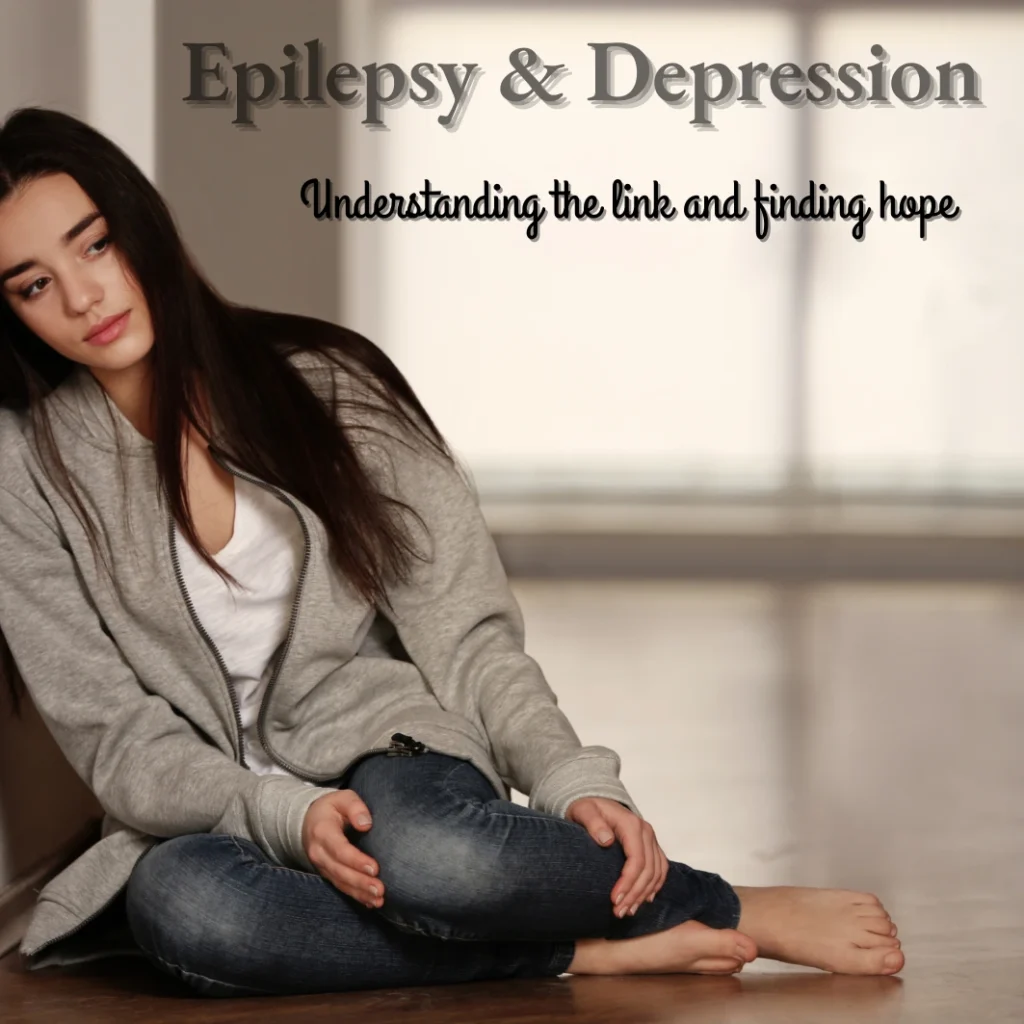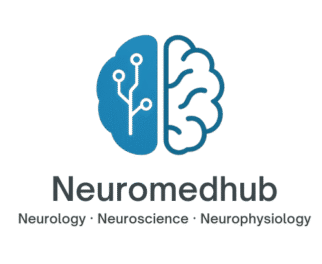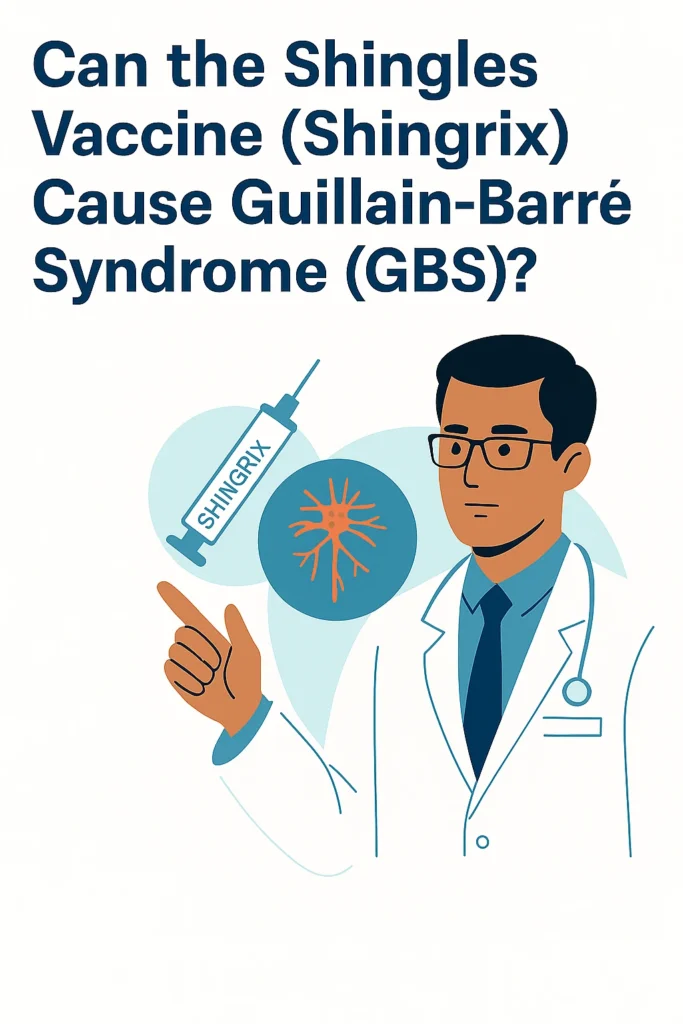

Introduction
Living with epilepsy can be challenging on its own. But for many people, seizures are not the only battle—they also experience depression. Studies show that depression is one of the most common mental health conditions in people with epilepsy, yet it often goes unnoticed or untreated.
This article explains the connection between epilepsy and depression, why it happens, and most importantly, what steps patients and families can take to find help and hope.
Why Are Epilepsy and Depression Connected?
Several factors make people with epilepsy more vulnerable to depression:
Biological changes: Seizures and certain antiepileptic medications can affect brain chemicals that regulate mood.
Psychological impact: Living with a chronic condition, uncertainty about seizures, or stigma can increase stress and sadness.
Social challenges: Fear of seizures in public, job difficulties, or isolation may contribute to low self-esteem and depression.
👉 Not everyone with epilepsy develops depression, but studies suggest it affects up to one in three patients.
Common Signs of Depression in People with Epilepsy
Depression can look different from person to person, but some warning signs include:
Persistent sadness or emptiness
Loss of interest in daily activities
Fatigue or low energy
Difficulty concentrating or remembering things
Changes in sleep or appetite
Feelings of guilt, hopelessness, or worthlessness
⚠️ Important: Sometimes these symptoms may be mistaken as side effects of seizures or medication. That’s why proper evaluation by a doctor is crucial.
How Depression Impacts Epilepsy
Depression is not just a separate condition—it can also worsen epilepsy management:
People with untreated depression may be less likely to take medications regularly.
Stress and low mood can trigger seizures in some cases.
Quality of life may drop significantly, even if seizures are controlled.
This two-way relationship makes it essential to treat both epilepsy and depression together.
Coping Strategies and Treatment Options
1. Medical Treatment
Medication adjustment: Some antiepileptic drugs may worsen mood, while others may help stabilize it. A neurologist can find the best balance.
Antidepressants: When necessary, doctors may prescribe antidepressants that are safe for people with epilepsy.
2. Psychological Support
Cognitive Behavioral Therapy (CBT): Helps patients reframe negative thoughts and build coping skills.
Counseling: Talking with a mental health professional provides emotional support and stress management strategies.
3. Lifestyle and Self-Care
Regular sleep: Consistent sleep reduces both seizures and mood swings.
Exercise: Physical activity naturally boosts mood and reduces stress.
Social support: Talking with friends, family, or support groups helps reduce isolation.
How Families Can Help
Family members play a key role in supporting a loved one with epilepsy and depression. They can:
Watch for changes in mood or behavior.
Encourage open conversation without judgment.
Help with doctor visits and treatment plans.
Remind the person that seeking help is a sign of strength, not weakness.
FAQs
Is depression common in epilepsy?
Yes, studies suggest that depression is one of the most frequent mental health conditions in people with epilepsy, affecting around 30%.
Can epilepsy medication cause depression?
Some antiepileptic drugs may worsen mood, while others may actually help. Medication review with a doctor is important.
Can treating depression improve seizures?
While antidepressants don’t directly stop seizures, treating depression can improve overall quality of life and may help patients better manage their epilepsy.
Conclusion
Epilepsy and depression are closely linked, but depression is not a weakness and it is treatable. With the right combination of medical care, psychological support, and lifestyle adjustments, people living with epilepsy can improve their mood, control their seizures more effectively, and live fulfilling lives.
💡 If you or someone you know is struggling with depression and epilepsy, don’t hesitate to talk to a healthcare professional. Early support can make a huge difference.


